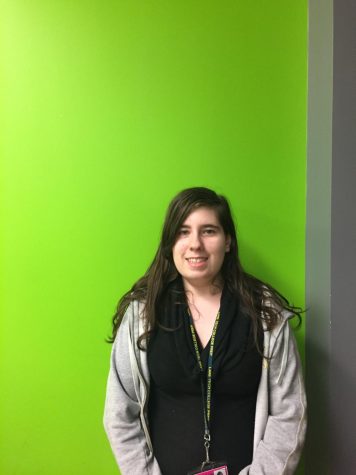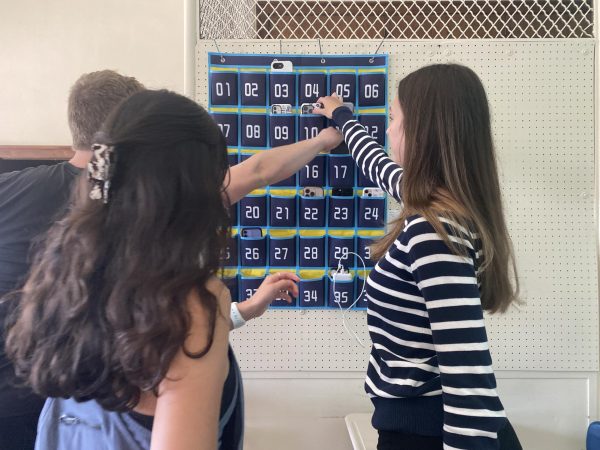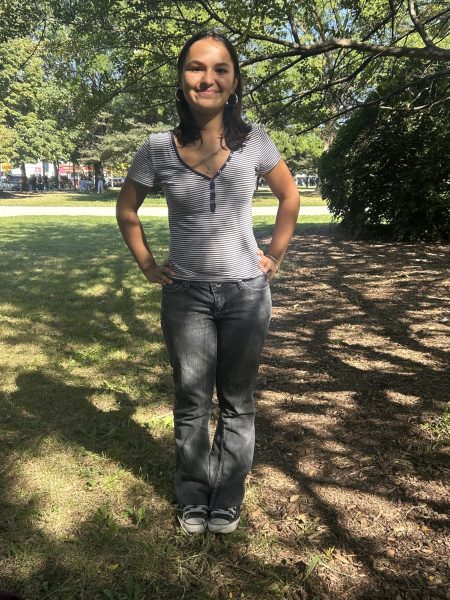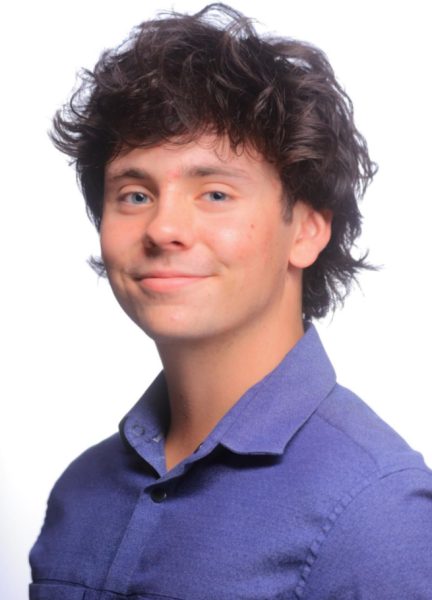Politics divide Lane student body

20.4 percent of participants disagreed with the statement “I feel comfortable and don’t fear backlash for my views.”
Nyhriel Smith, Div. 985, recalled an experience last year where one of her teachers apologized for being too vocal about their distaste for Trump. The teacher felt that this caused their conservative students to feel uncomfortable or voiceless in the class, according to Smith.
Additionally, one junior, who preferred to remain anonymous, said that while doing a presentation explaining a Republican’s view, they were interrupted by someone who found the use of the name “Trump” offensive and harmful.
Based on a recent survey conducted by the Warrior on Lane’s political climate, 20.4 percent of respondents said that they do not feel comfortable talking about their political views at school and fear backlash for their political views. 18.2 percent of participants answered that they feel unsafe and worry that they might get bullied for their political views.
There were 88 participants in this survey, which was posted on the General Student News daily email Nov. 14 – 28.
Smith considers herself a moderate liberal, which she describes as, “someone who mainly agrees with liberal ideology, but is also open to more ideas.”
Smith said when people are more open to different viewpoints, they can have more intelligent discussions on political or social subjects and they will gain new views.
“One of my favorite songs says, ‘Even a person who fills you with hate has their own reasons to live their life that way,’” Smith said.
According to Smith, these lyrics reflect her views on political conversations.
“I think it’s exactly like that,” Smith said. “By taking a step back from engaging in politics with a ‘us versus them’ mindset and recognizing the situation behind everyone’s thoughts and decisions, more effective discussions are had, and along with that you’re able to learn more about different people and grow.”
However, Smith said that political conversations should stay within the classroom so that an adult can keep things under control.
Psychology teacher Mr. Parsons said that developing a healthy and diverse political knowledge during one’s youth would help students take part in U.S. politics once they are 18 and are able to register to vote.
“I think definitely teachers should talk about politics and current events in their classroom,” Parsons said. “I think teachers need to act more like referees and allow students to speak their opinions.”
Many participants explained in the free response section of the survey that if students had safe conversations about politics and were allowed to explain their opinions, it would help others grow a healthier idea about politics and not be afraid to speak up on what they think.
Additionally, the junior said that a lot of news sources are based on businesses that need to make money. This is based upon their opinion that all students should start advancing their political knowledge through research on politics and having respectful political conversations.
“It’s very, very hard to find unbiased information in these days, from a major news source, it’s nearly impossible,” the junior said.
For example, a more conservative news source would report on stories that support their conservative viewers’ political views, while liberal sources would do the same to appease their audience and keep viewership high.
During reflection of political discussions in a classroom setting, Parsons said that it is important to keep the discussion civil and focused.
“I think that it is very important that people try to engage in political discussions, but always be respectful and always stick to the issues,” Parsons said.
Your donations directly fund the Lane Tech student journalism program—covering essential costs like website hosting and technology not supported by our school or district. Your generosity empowers our student reporters to investigate, write, and publish impactful stories that matter to our school community.
This website is more than a publishing platform—it's an archive, a research tool, and a source of truth. Every dollar helps us preserve and grow this resource so future students can learn from and build on the work being done today.
Thank you for supporting the next generation of journalists at Lane Tech College Prep!

Marilyn is a senior here at Lane Tech and this is her second year taking journalism. She loves the journalistic environment and also participates in the...



